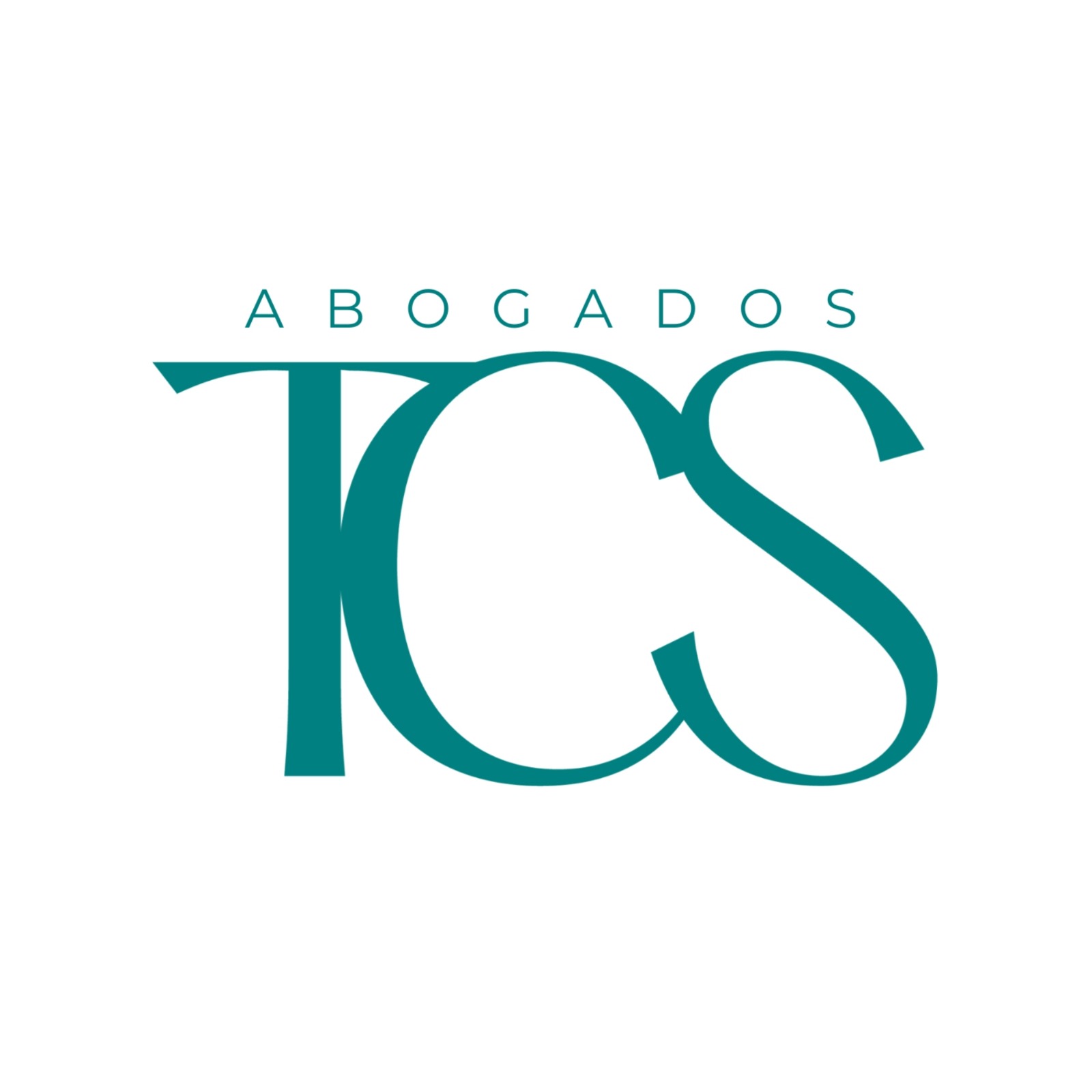Best International Lawyers in Dominican Republic
Share your needs with us, get contacted by law firms.
Free. Takes 2 min.
Or refine your search by selecting a city:
List of the best lawyers in Dominican Republic
About International Law in Dominican Republic
International law in the Dominican Republic plays a crucial role in governing the relationships between the Dominican Republic and other nations. This field largely deals with global issues such as trade agreements, human rights, environmental regulations, and diplomatic relations. As a member of the United Nations and several international organizations, the Dominican Republic is subject to numerous treaties and conventions, which are part of its legal framework. This includes regional agreements with the Caribbean and Central American countries, impacting how various international legal matters are addressed within the country.
Why You May Need a Lawyer
Engaging a lawyer experienced in international law may become necessary in several situations. These include dealing with cross-border trade and commerce, navigating international tax issues, understanding immigration laws, resolving disputes in international business transactions, and protecting your intellectual property rights internationally. Legal assistance is also vital in cases involving extradition, offshore investments, and ensuring compliance with international environmental regulations. An international lawyer can provide invaluable guidance in understanding these complexities and safeguarding your rights and interests.
Local Laws Overview
The Dominican Republic's legal system is based on the civil law tradition, heavily influenced by Spanish colonial law and later adaptations. Key local laws relevant to international matters include trade legislation, foreign investment laws, customs regulations, and intellectual property rights laws. The country is also a participant in regional free trade agreements, like the Central America-Dominican Republic Free Trade Agreement (CAFTA-DR), which affects international trade legislation. Additionally, the Dominican Republic has enacted several laws to comply with international environmental and human rights standards.
Frequently Asked Questions
1. What international treaties is the Dominican Republic a part of?
The Dominican Republic is a member of several international treaties, including those related to human rights, international trade, environmental conservation, and arms control.
2. How does international law affect business in the Dominican Republic?
International law affects businesses through trade agreements, regulations on international transactions, foreign investment laws, and compliance with global standards.
3. Can I resolve a trade dispute through local courts?
Yes, trade disputes can often be resolved through local courts or arbitration, depending on the exact circumstances and any applicable international agreements.
4. What should I consider when investing internationally in the Dominican Republic?
Consider compliance with local and international laws, the political and economic climate, tax regulations, and protection of investment rights under bilateral agreements.
5. How are extradition cases handled?
Extradition cases are managed according to the Dominican Republic's treaties with other countries and local legal provisions governing such matters.
6. How is intellectual property protected in international contexts?
Intellectual property is protected under national law in conjunction with international conventions like the Paris Convention and the Agreement on Trade-Related Aspects of Intellectual Property Rights (TRIPS).
7. Is the Dominican Republic subject to international human rights laws?
Yes, as a participant in various international human rights treaties such as the United Nations conventions on human rights, the Dominican Republic is obliged to uphold these standards.
8. What is the role of international environmental agreements?
These agreements guide national policies on environmental protection, emission reductions, and sustainable development practices, ensuring adherence to global environmental commitments.
9. How do free trade agreements affect local industries?
Free trade agreements can open new markets, provide easier access to imported goods, and foster competitive markets, impacting local manufacturing and service industries.
10. What legal recourse do I have in case of international contract disputes?
In cases of international contract disputes, parties may resort to arbitration, mediation, or litigation in local or international courts, depending on the agreement terms.
Additional Resources
For further guidance on international legal matters in the Dominican Republic, consider reaching out to the Ministry of Foreign Affairs, the National Office of Industrial Property (ONAPI), and the Dominican Republic's Customs Agency. Additionally, the United Nations offices in the Dominican Republic, the International Trade Center, and various non-governmental organizations can provide assistance and information valuable to understanding international law.
Next Steps
If you need legal assistance with international matters in the Dominican Republic, it is recommended to consult a lawyer experienced in this field. Begin by gathering all relevant documentation and clearly identifying your legal needs. Research law firms with experience in international law and schedule consultations to discuss your case specifics. Additionally, consider joining relevant international or legal forums and groups to stay informed about recent developments and gain support from others with similar experiences.
Lawzana helps you find the best lawyers and law firms in Dominican Republic through a curated and pre-screened list of qualified legal professionals. Our platform offers rankings and detailed profiles of attorneys and law firms, allowing you to compare based on practice areas, including International, experience, and client feedback.
Each profile includes a description of the firm's areas of practice, client reviews, team members and partners, year of establishment, spoken languages, office locations, contact information, social media presence, and any published articles or resources. Most firms on our platform speak English and are experienced in both local and international legal matters.
Get a quote from top-rated law firms in Dominican Republic — quickly, securely, and without unnecessary hassle.
Disclaimer:
The information provided on this page is for general informational purposes only and does not constitute legal advice. While we strive to ensure the accuracy and relevance of the content, legal information may change over time, and interpretations of the law can vary. You should always consult with a qualified legal professional for advice specific to your situation.
We disclaim all liability for actions taken or not taken based on the content of this page. If you believe any information is incorrect or outdated, please contact us, and we will review and update it where appropriate.
Browse international law firms by city in Dominican Republic
Refine your search by selecting a city.
















